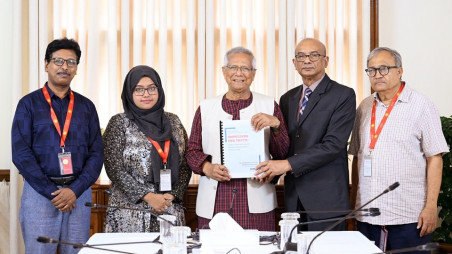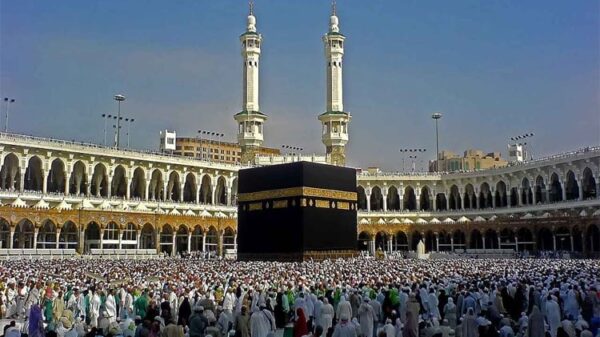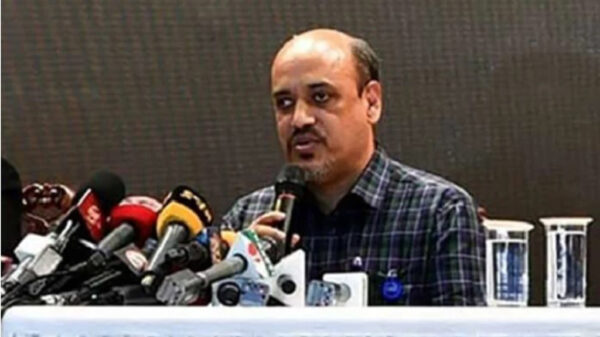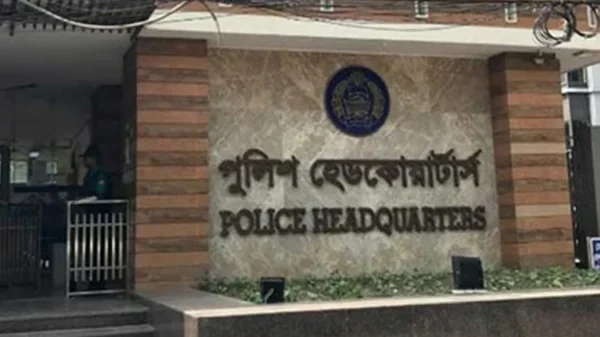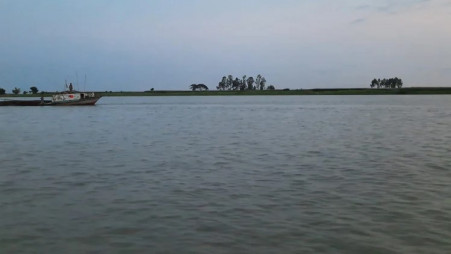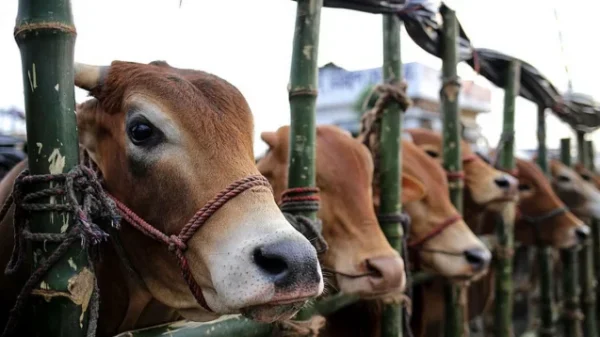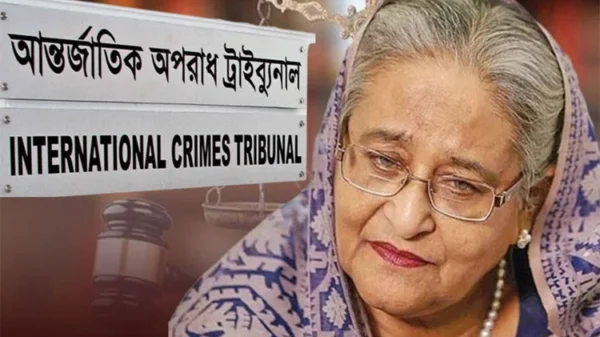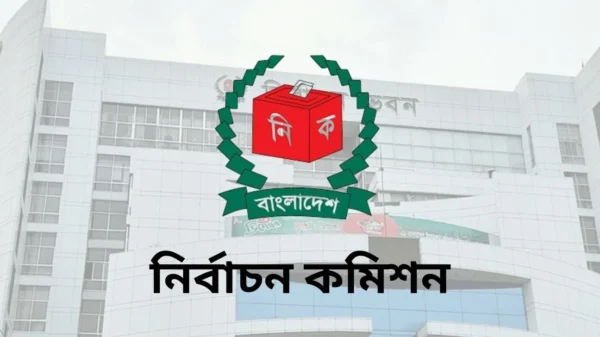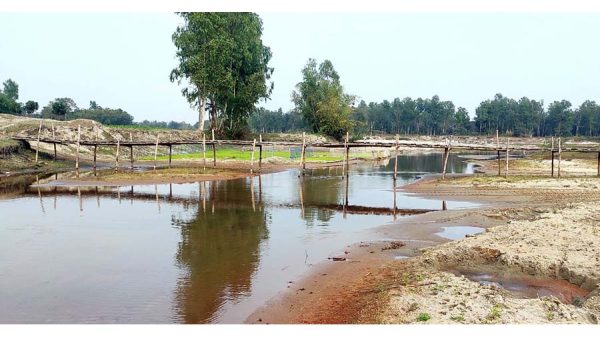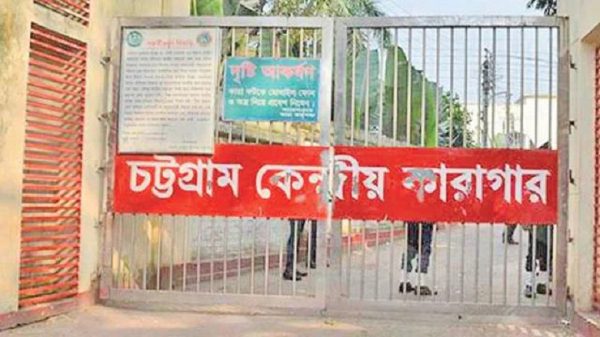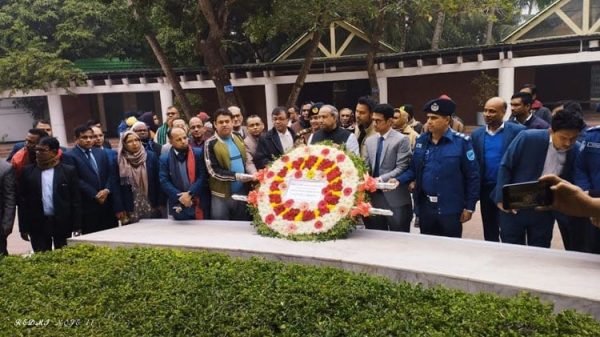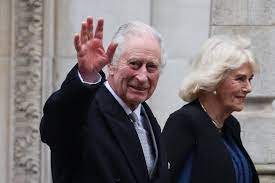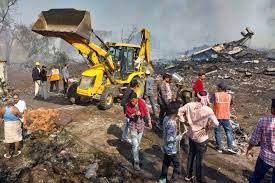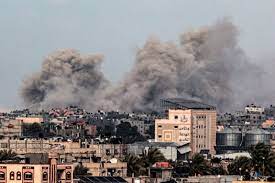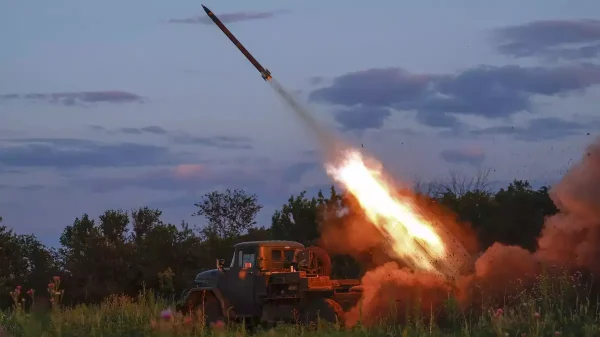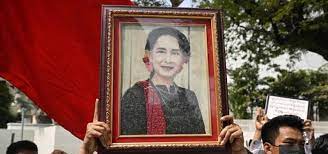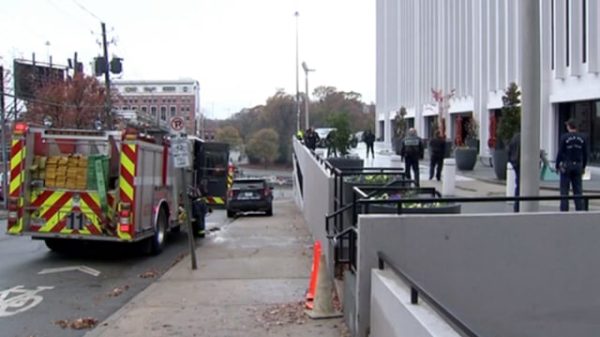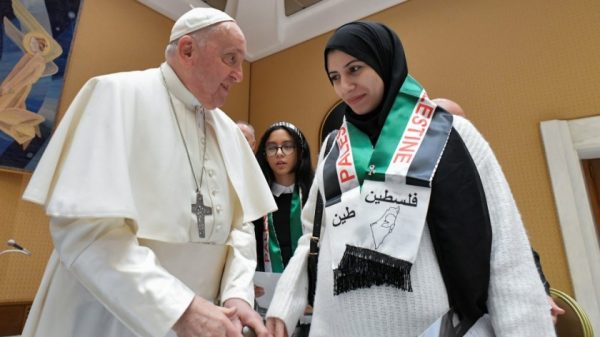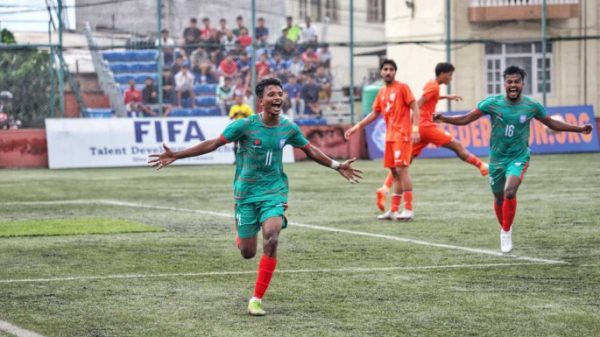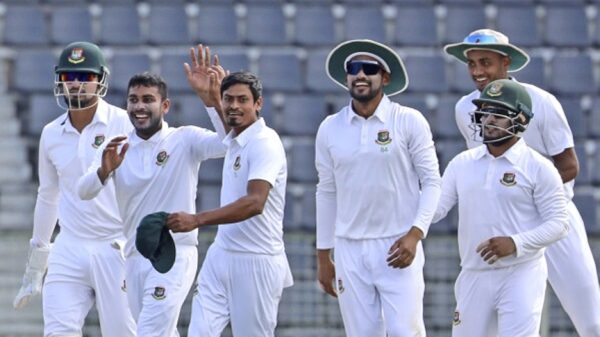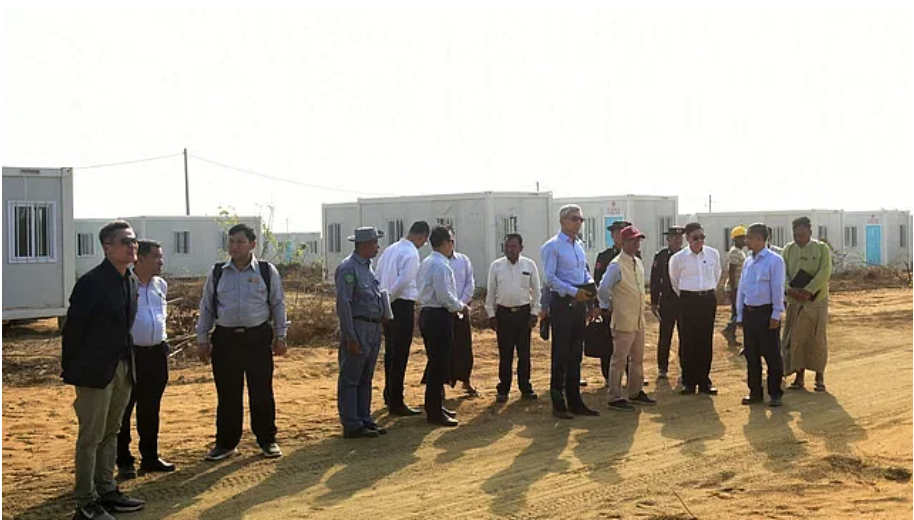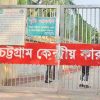Staff Reporter:
Myanmar has suddenly displayed an interest in Rohingya repatriation. As part of their initiative in this regard, diplomats of eight countries posted in Yangon were taken to Rakhine last week. They included diplomats from Bangladesh, India and China, among other countries.
The country has now brought forward the issue of taking back over a thousand Rohingyas from Bangladesh, under a pilot project. According to diplomatic sources of Dhaka and Yangon, Myanmar is taking up this initiative basically under pressure from China.
Three months after the Rohingyas were driven out of Rakhine, in November 2017 an agreement regarding repatriation was signed between Bangladesh and Myanmar. China was behind the agreement. However, there has been no progress in Rohingya repatriation over the last six years.
There was an attempt at a first phase of repatriation within 2018, the deadline stipulated by Bangladesh and Myanmar, but that failed. Later in 2019 the efforts of repatriation resumed under China’s mediation, but that proved to be a failure too.
In February 2021 the military took over power in Myanmar through a coup. Since then, discussions regarding Rohingya repatriation have fallen flat.
According to diplomatic sources, after China joined in the talks regarding Rohingya repatriation, there have been discussions from 2020 on small scale repatriation of the Rohingyas to Rakhine. Over the past few months China has put pressure on Myanmar in this connection. While ASEAN is not taking up the Rohingya problem on a large scale, this bloc of Southeast Asian countries also wants the repatriation to start, even if on a small scale. As part of these developments, eleven diplomats of eight countries were taken on a visit to the temporary camps in Maungdaw and Sittwe of Myanmar.
The observations of the diplomats who visited Rakhine are that the situation in Rakhine has improved from 2018 to 2020. The Rohingyas in the temporary IDP (internally displaced persons) camps there now have the opportunity to go to Sittwe. Even two years ago no one was allowed anywhere near the camps. Also, last year around 230 Rohingya students were admitted to Sittwe University. After 2012 this is the highest number of representatives of the Rohingya community admitted to university. The Rohingyas in Rakhine are also getting access to health services.
Preparations with monsoons ahead
Three years ago, with China’s mediation, discussions began on family-wise repatriation of Rohingyas to specific villages. But with the outbreak of the Covid pandemic and the military takeover in Myanmar, the Rohingya repatriation process came to a halt. After a lengthy interval, Myanmar is seen to be taking initiative concerning the repatriation of the Rohingyas. The questions remain, however, as to what the motive is behind this move and whether it will actually be possible to start the repatriation.
According to diplomatic sources, the situation in Rakhine is good at the moment. A few months ago the Arakan Army had engaged in a fierce battle with Myanmar’s military government. The situation is more or less calm now. So it would not be impossible to begin the repatriation by taking a thousand or so Rohingyas now. China has been urging to start the repatriation process before the monsoons begin in full swing in June. ASEAN also wants the repatriation to start, even if only on a small scale.
The question has also arisen as to why China has suddenly taken up the issue of Rohingya repatriation. According to diplomatic observers, China feels international pressure on Myanmar will lessen if the repatriation process begins. Beijing also feels that this move will lend a degree of credibility to the junta government.
The coming 24 April has been set as the deadline for Myanmar to place its counter argument regarding the Rohingya genocide case at the International Court of Justice (ICJ). There are also questions as to whether this is also a factor leading to Myanmar’s sudden flurry of interest in Rohingya repatriation.
Concerned diplomats, however, do not feel that small scale repatriation of the Rohingyas will improve Myanmar’s image. They say that simply starting the repatriation will not absolve them of the genocide charges. But perhaps Myanmar will want to show the ICJ and the international community that they are taking measures to improve the situation.
According to legal experts, there is no reason to believe Myanmar’s image will improve simply if they take initiative for repatriation.


